Propelled by a desire to offer women a guide to navigating the beauty, fashion and magazine worlds, Emilia began to write her first book: Mag World. Her collection of non-fiction essays offer reflection and counsel on how these three industries could be healthier…especially as an influence on young girls. Her collection of non-fiction essays offer reflection and counsel on how these three industries could be healthier…especially as an influence on young girls.
I recently was invited to meet and interview Emilia Ferrara at the “MAG WORLD” book launch and signing. There were signature cocktails, canapés, a photo booth and Emilia’s vivaciousness, that entirely filled the room with so much energy. She is humble and sweet and definitely a charmer.
S: A little about yourself ?
E: I am an only child and was the only grandchild on one side. I suppose you could say “am” (because you never really stop being a grandchild). But my fathers father, my fathers mother and my fathers sister all passed away in my twenty’s and they meant the world to me. I come from a large Italian family spread across Rome, Naples, Boston and Upstate New York, so although having no first cousins might seem odd I was raised with loving Catholic values and tremendous pride in the hard work of those who came before me. My immigrant heritage not only influences my tastes in pasta but the way I examine the cut, color and quality of garments. We have four generations of family history in the Italian leather industry, and the portrait of my great-great-grandfather who provided leather to Salvator Ferragamo is the first thing you see when you walk in my front door.
S: I recently learn’t that you have an online editorial called Capitally. Did Capitally come first or Mag world and how ?
E: MagWorld very decidedly came first. The idea bolted at me like a middle child on Christmas morning. I was awarded honors for my senior thesis at Georgetown, a collection of experimental short fiction stories about the beauty industry. When it came time to discuss how my thesis might be published I only wanted it to be printed as a parody of a women’s magazine. At the time, I was a ballerina with proliferous boyfriends, long blonde hair and one hell of a closet. My favorite author, though was Virginia Woolf and I was tired of being treated like a barbie doll. I wanted to expand my fiction stories into long diatribes about how I’d suffered the pressure to be perfect, to be incandescently graceful all the time. However, The Devil Wears Prada movie had just released and I realized bitterness, “no matter how humorous,” would not actualize change. I admired the way senior female journalists could write non-fiction seriously and persuasively, so I went to Columbia Journalism School to go off and learn how to do that. CJS helped me turn my nervous insecurities and anxieties into five long years of research and eight chapters which carry the question: How could the beauty, fashion and magazine industries all be healthier in the future, especially in influencing young girls? Once I had talked the talk, it was pretty clear I should walk the walk. I started Capitally to embody all the values put forth in MagWorld. Like kind girl-to-girl relationships, healthy and filling lunches, free subscriptions to nearly every fashion publication in the world as well as a full library for research and never accepting free work for no pay. We’re going to be doing lots of new things this fall that Washington area publications have never done and even some things that national women’s magazines will not do. Capitally means to do something well with excellence and great skill. And we are going to show how Washingtonians use fashion to do what they do best.
S: What kind of research do you do, and how long did you spend researching before beginning mag world?
E: My position at T Magazine was fun, but not fulfilling. I used to scurry off to the Midtown Manhattan branch of The New York Public Library and read decades-old magazines from their periodical division. I loved turning the bleak and brittle pages of 19th-century and early 20th century titles like like Vanity Fair, Vogue and Harper’s Bazaar imagining what kind of color and energy they must have brought two our foremothers lives. I felt like I was unearthing treasure and, when I moved back to Washington, the first thing I did was get a membership with the Library of Congress. I wanted to know why Ayurveda was the worlds first experience of civilization deciding that beauty comes from the inside out (not the outside in). I wanted to understand the chemistry of the skin and why certain ingredients were not only pointless but harmful. I wanted to study the psychology of photography and what makes an honest photograph honest. Mag World’s eight nonfiction essays cover the span of magazine publishing and editorial process, editors best practices, guidelines to protect the integrity of photographers and of models, and the business, science and history of the beauty industry. This is a book for girls graduating college to decide what values will define these three industries in the future. This is a book for professors around the country wanting to provide students with analysis on the role of gender in 21st century media. And this is a book for executives, editors, publishers, creative directors an all who hold billions of dollars in their palm of their hands with influence over todays Mag World. I seek neither confrontation nor drama. It’s time women choose collaboration over competition in deciding what the future of media should look like for our sisters and daughters.
S: If you weren’t in the editorial/writing business, what work would you do for living ?
E: I would definitely be a spy. I have an exhausting attention to detail. I’m better at faces than I am with names. I’m a pretty solid actress. And there’s nothing an only child loves better than saying “gotcha!”
S: What is the most difficult part of your work ?
E: Showing without telling how to be a good leader. I know people hate being told what to do (me, being the guiltiest) so I try to lead my team in a constructive, open way to build mutual respect and friendships. Often times I see a young writer experiencing stress, self-doubt, and the need to transform herself and I so badly want to tell her what not to do. Sooner or later, when my advice is asked, I feel grateful to have candid conversations in the office on everything from accounting to boys. I am often frustrated by inefficiency or a job half done and my inclination is to Commander General my way through it. Leaders who show patience and kindness are not weak. That’s what it takes to be a team player.
S: Where do you see yourself five years from now and what advice would you give to all the younger writers ?
E: Listen to your voice – it can get more diluted and distracted more easily than you know. Prioritize finishing terrible first drafts and working with what you’ve got instead of pressuring yourself to hit perfect on the first try. Give the middle finger to anxiety as much as you can; fear suffocates a fresh head… in five years? Volunteering more, making more trips over to my cousins in Italy, and with one to-die-for (Gucci filled) closet.
Photo courtesy : Lauren Louise from Ringlet.
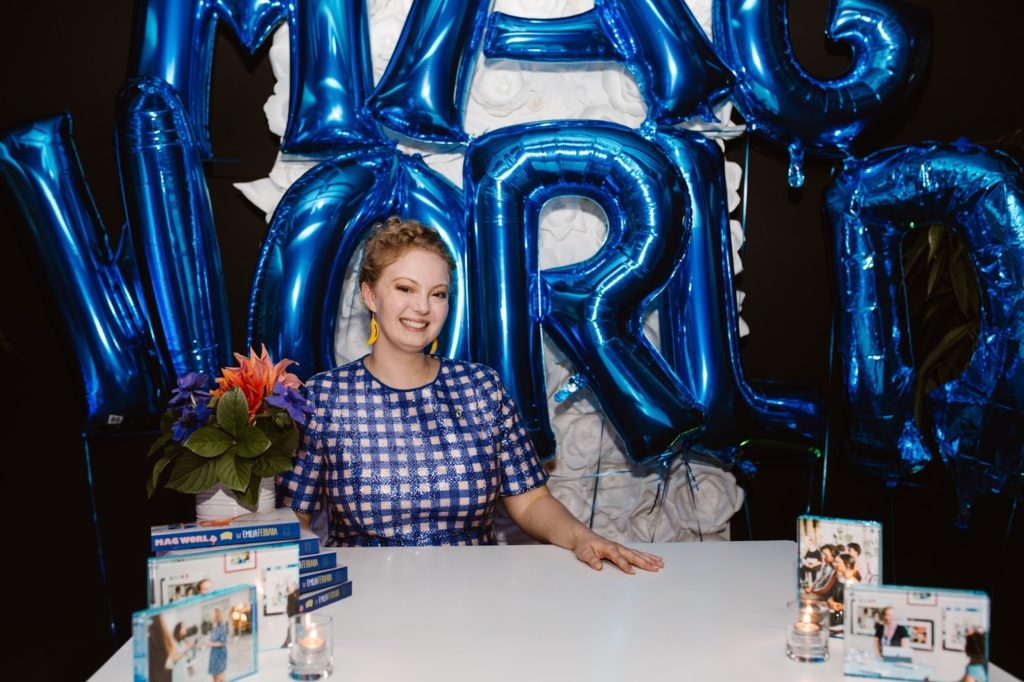
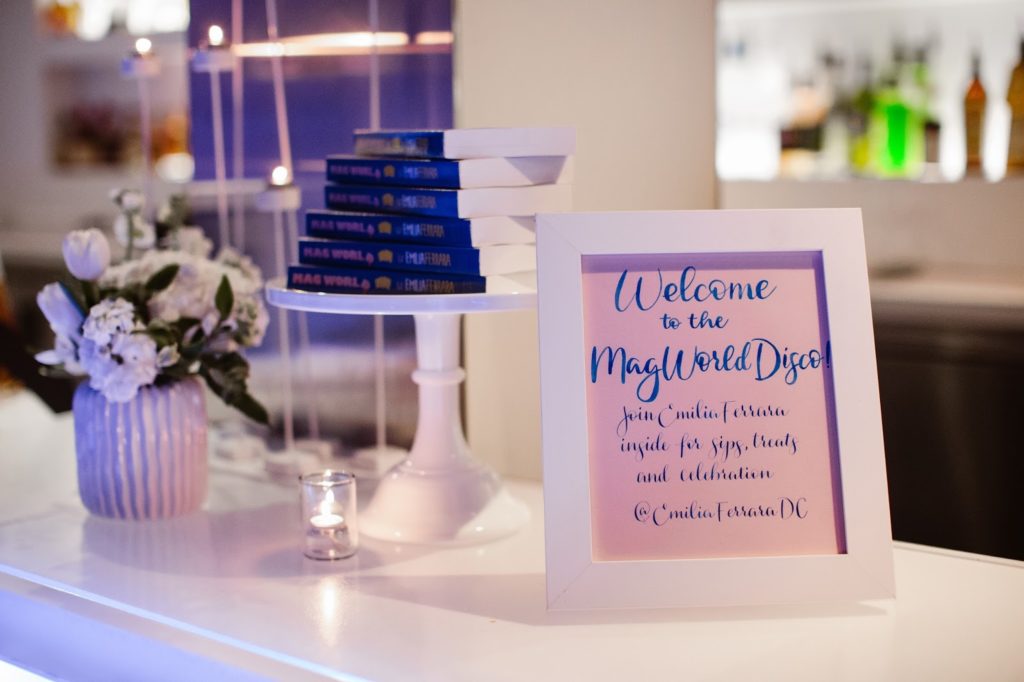
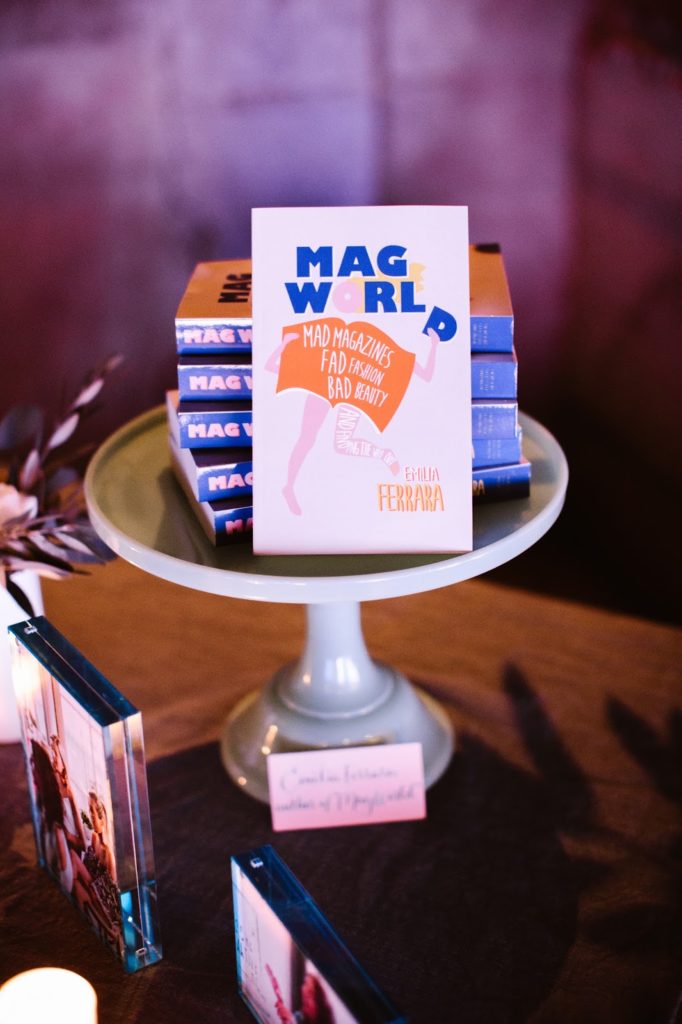
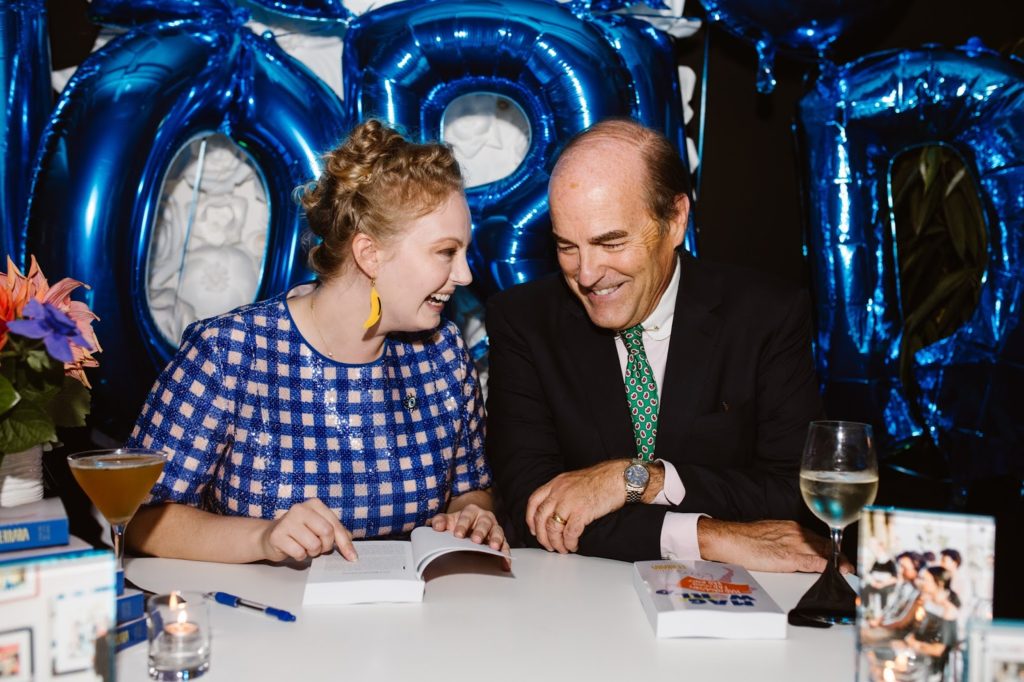
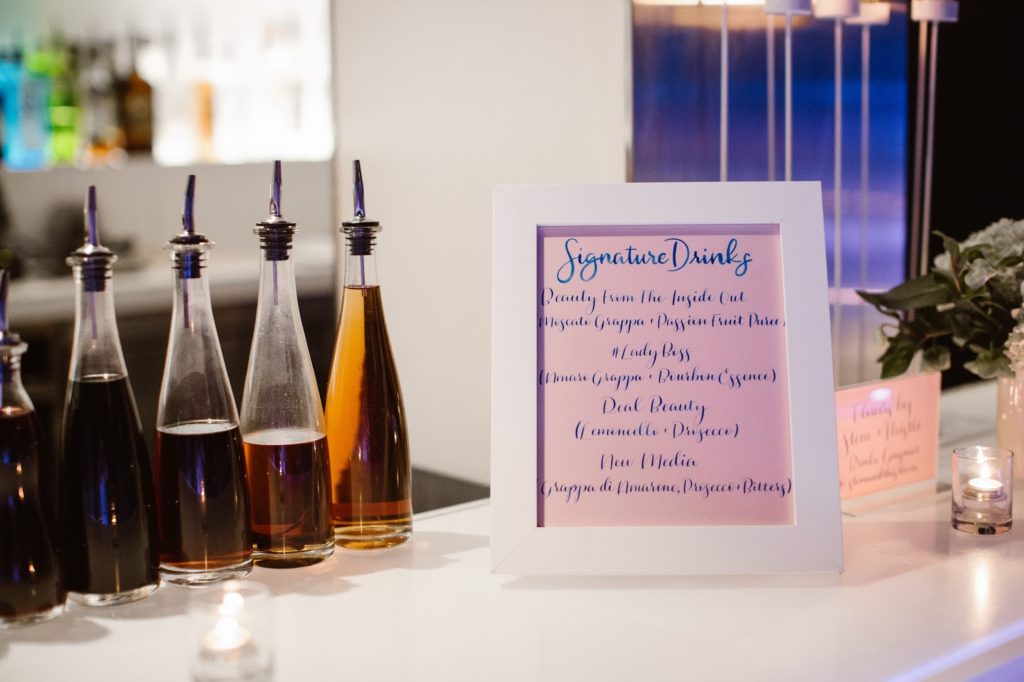
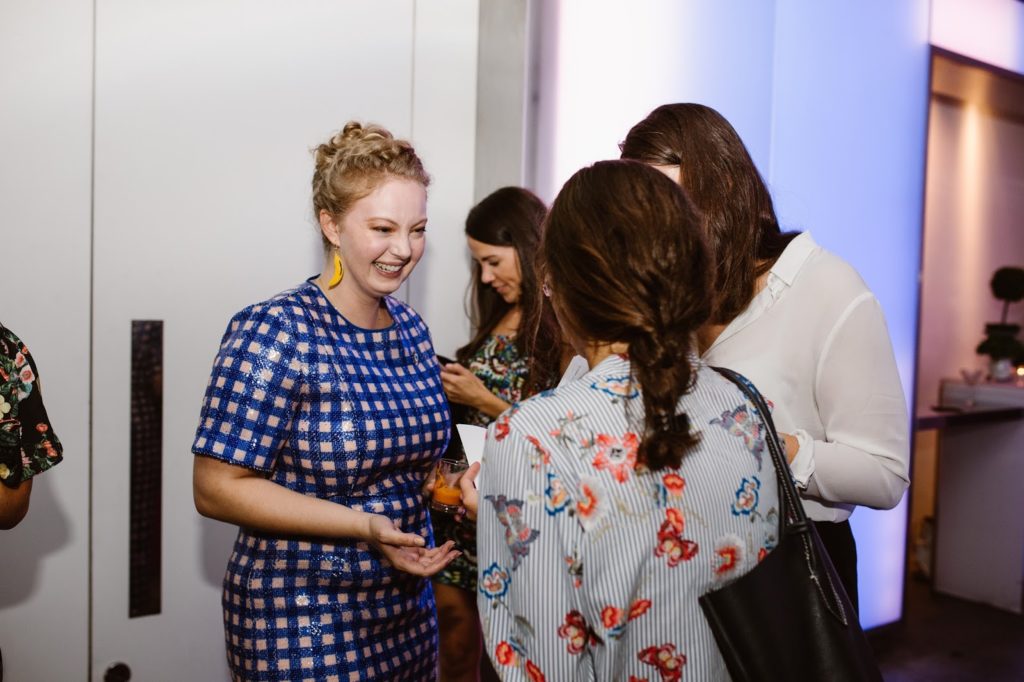
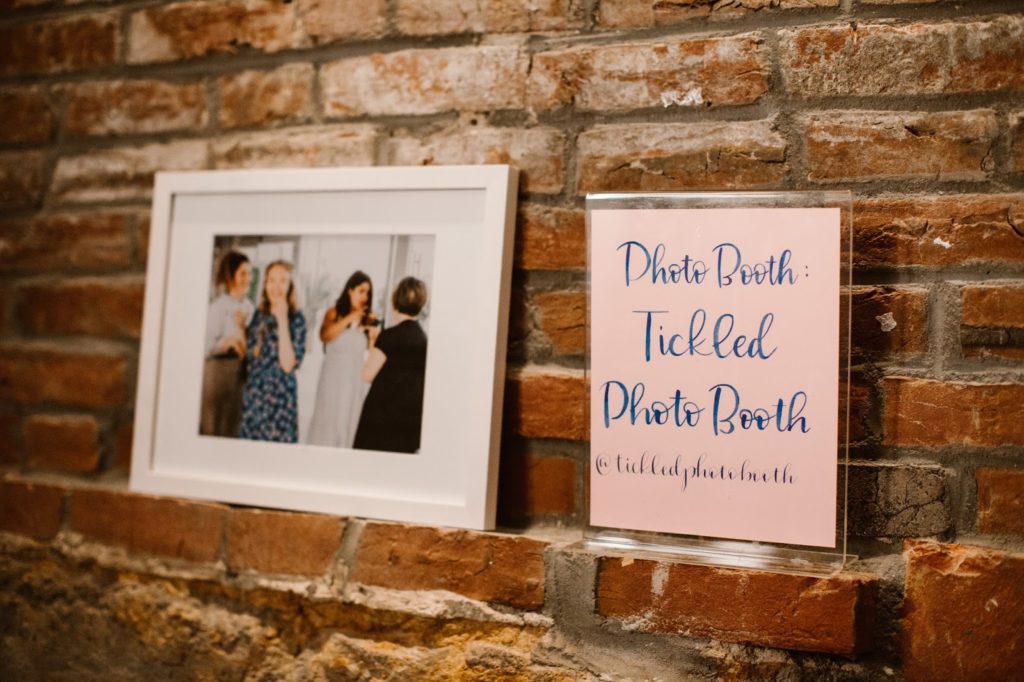
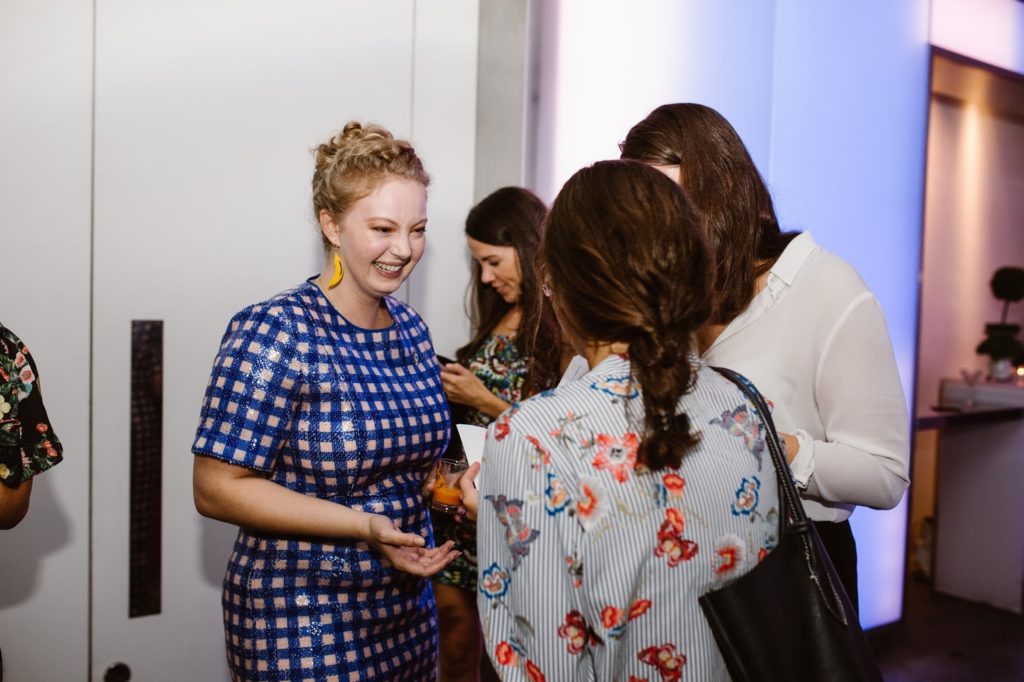
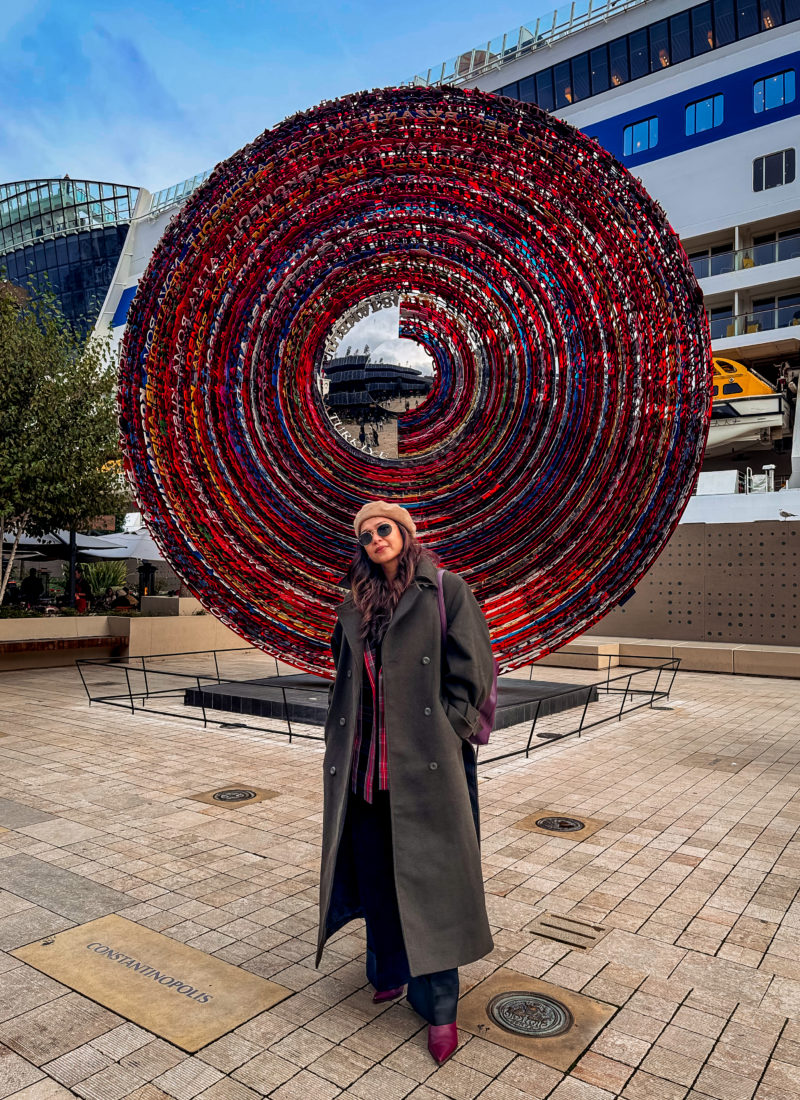
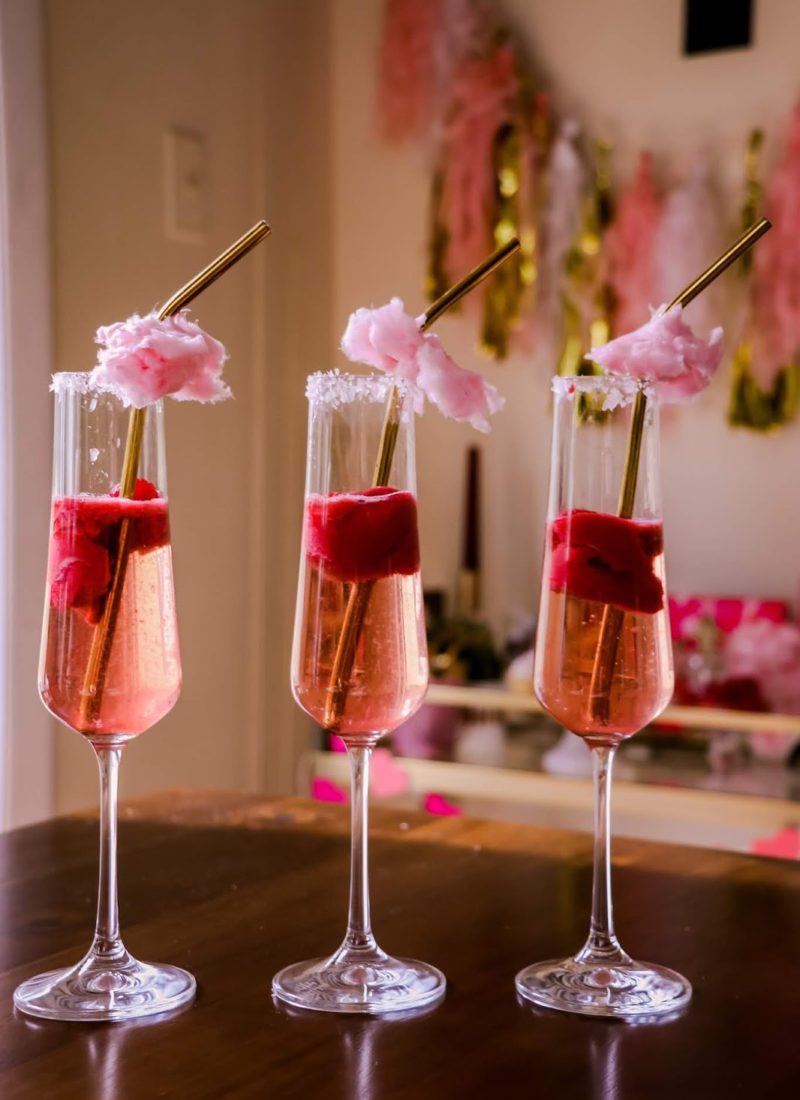
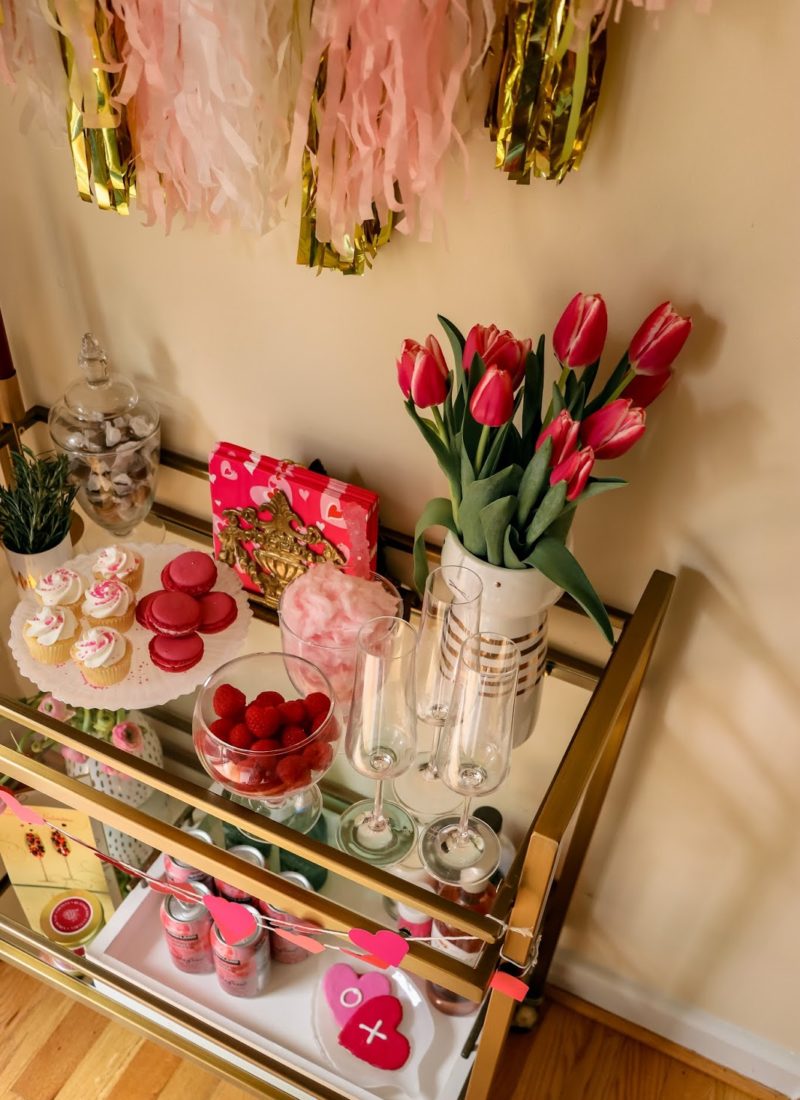
Leave a Reply